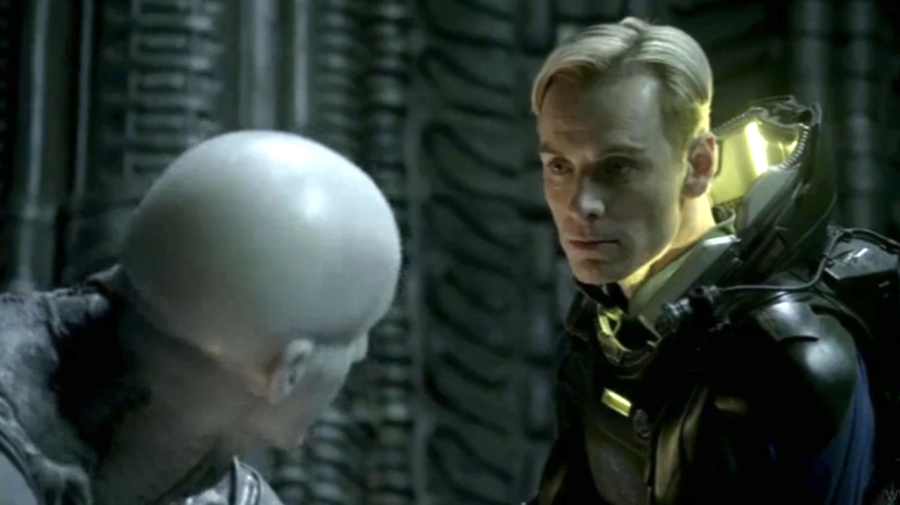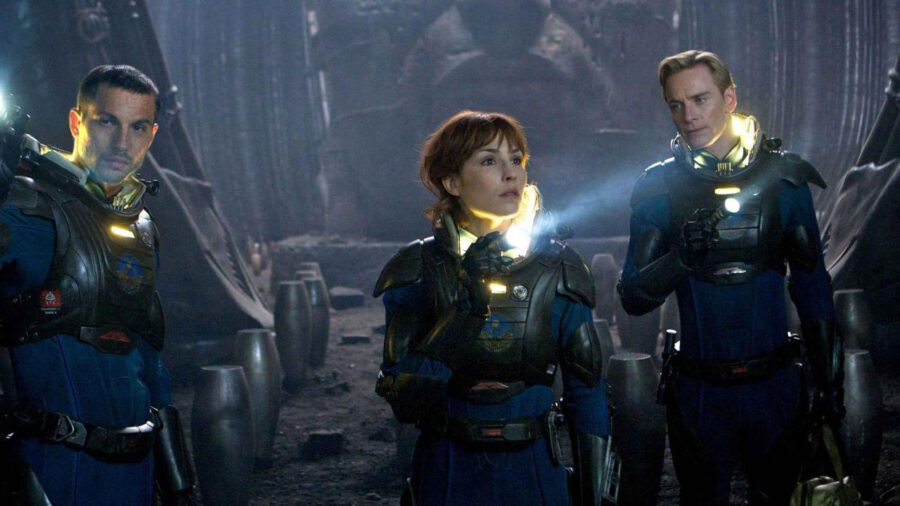Scientists Ruin Your Favorite Sci-Fi Movies

When 2012 is coming to a close, many could appreciate the good and bad of the year’s science fiction crop. From the poor plotting of Ridley Scott’s Prometheus to Len Wiseman’s inept remake of Total Recall, audiences and genre fans were painfully annoyed with some of Hollywood’s 2012 sci-fi movie offerings. And just as a good movie will make audiences willing to suspend some disbelief or forgive the odd plot hole, in the bad movies they stand out that much more.
At the time, people at Popular Science put together a list of the year’s most egregious scientific mistakes in sci-fi movies. Although there are some glaring errors, please keep in mind that, ultimately, these are all movies.

Just imagine how exciting Prometheus would be if it were a depiction of a 100% accurate scientific and archaeological exploration. It wouldn’t be as exhilarating a sci-fi movie as what we got in Ridley Scott’s movie. But Hollywood theatrics are no excuse for some of these boneheaded mistakes. Take for instance some of the issues in that film, namely with the “professionalism” of the team.
We witness some of ‘the most irresponsible, inept archaeologists ever to don spacesuits, take off their helmets just minutes after leaving the spacecraft. Advanced atmospheric sensors or not, this is a terrible idea. What if there’s an unknown, undetectable, and highly toxic compound in the air? Or a virulent strain of life? No matter: Soon enough the movie’s characters are touching creepy-looking aliens (and, of course, dying horrible deaths).
Although sci-fi movie audiences didn’t respond well to Len Wiseman’s Total Recall remake, the director simply blamed them and the original Paul Verhoeven film for clouding his true vision.

Flaws aside, though, the sci-fi movie did feature one cool idea: an elevator that launched commuters from one side of the Earth to the other through its core within 17 minutes. As cool as that might sound, it’s not surprising that Popular Science has a few comments about that idea as well. Check it out.
Forget, for a moment, about the horrifying temperatures and pressures below Earth’s crust, and the lack of any plausible material able to withstand such an environment (let alone about 8,000 miles of it).
If a vehicle simply dropped into a hole and popped out the other end of our planet, it’d take more than 40 minutes on gravity’s pull alone… the vehicle would need to travel 30,000 mph and reach accelerations of 10 times the Earth’s gravity, or 10Gs.
For the transparent flaws in sci-fi movies like Prometheus and Total Recall, Rian Johnson’s Looper was cited as a good example of making the impossible believable.
Time travel is the key to everything in the sci-fi movie, and, of course, time travel does not exist (yet). But instead of trying to make time travel “work” for audiences and genre fans, Johnson cleverly explained the reality of the world in one line reading.

In an exchange between the younger and older Joe in a diner, the older Joe simply tells the younger Joe that there’s no need to explain the details of time travel. The line “We’ll just end up making diagrams with napkins and straws” gives the audience enough slack to accept the premise of the movie without overthinking it.
The Popular Science article is definitely worth reading. It goes into detail about how comic book movies such as The Amazing Spider-Man, The Dark Knight Rises, and The Avengers get their science wrong. Are these sci-fi movie nitpicks or well-founded complaints? Some people will gladly exchange plausibility for entertainment value.












